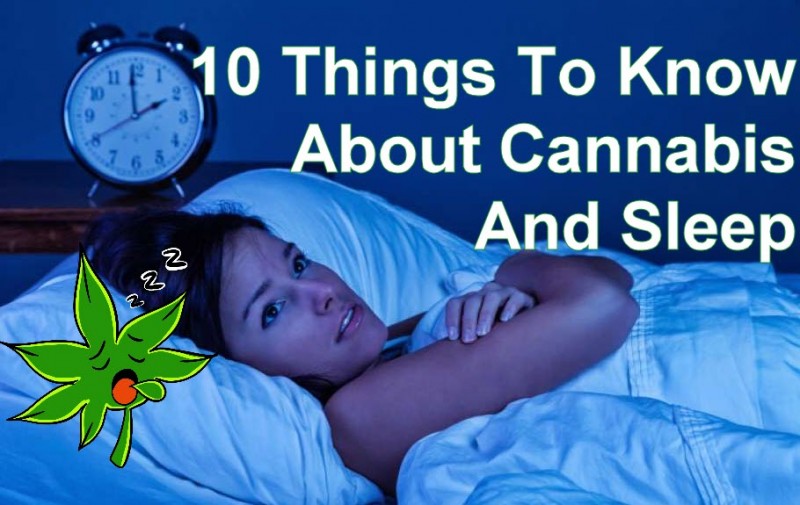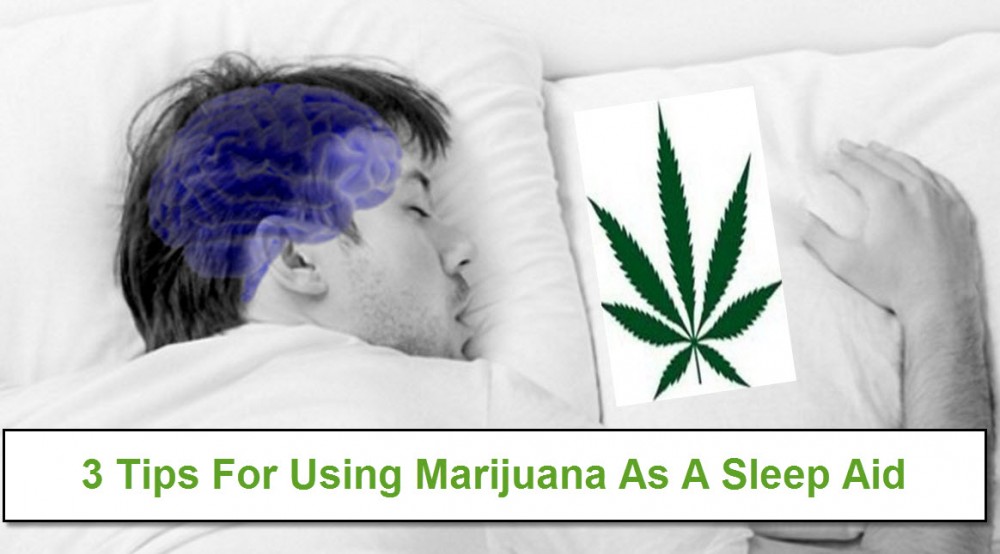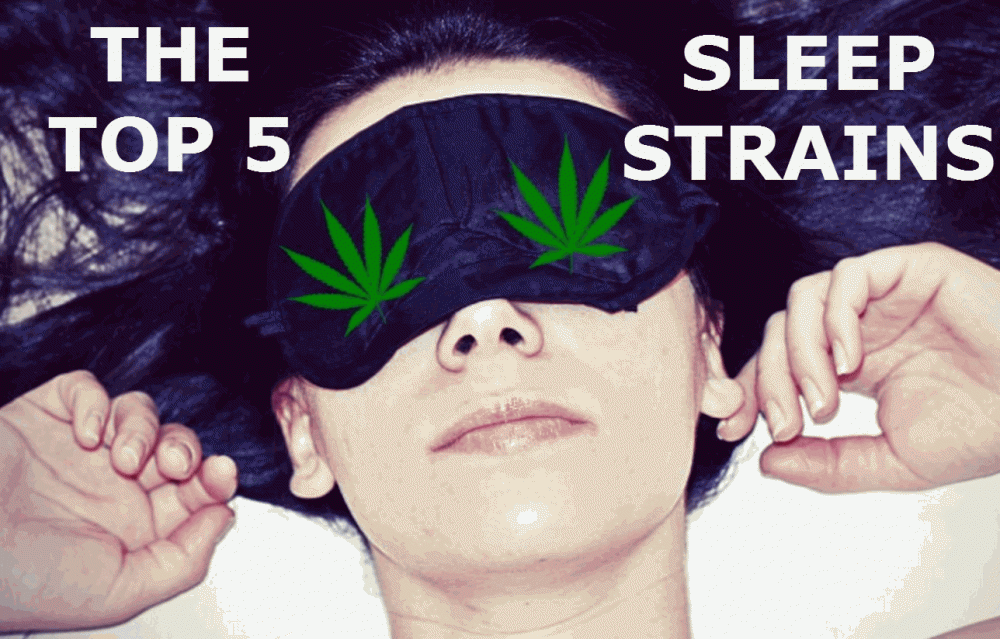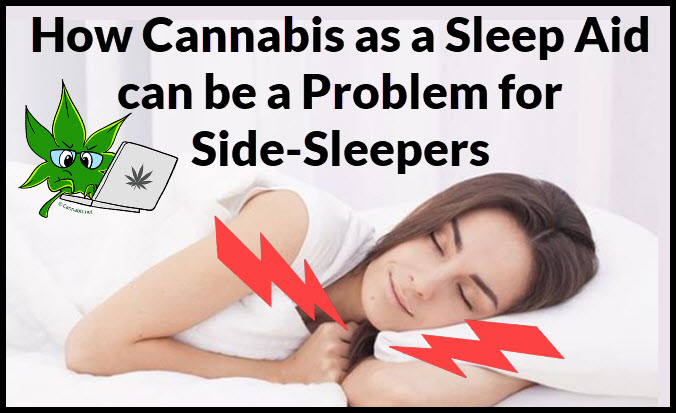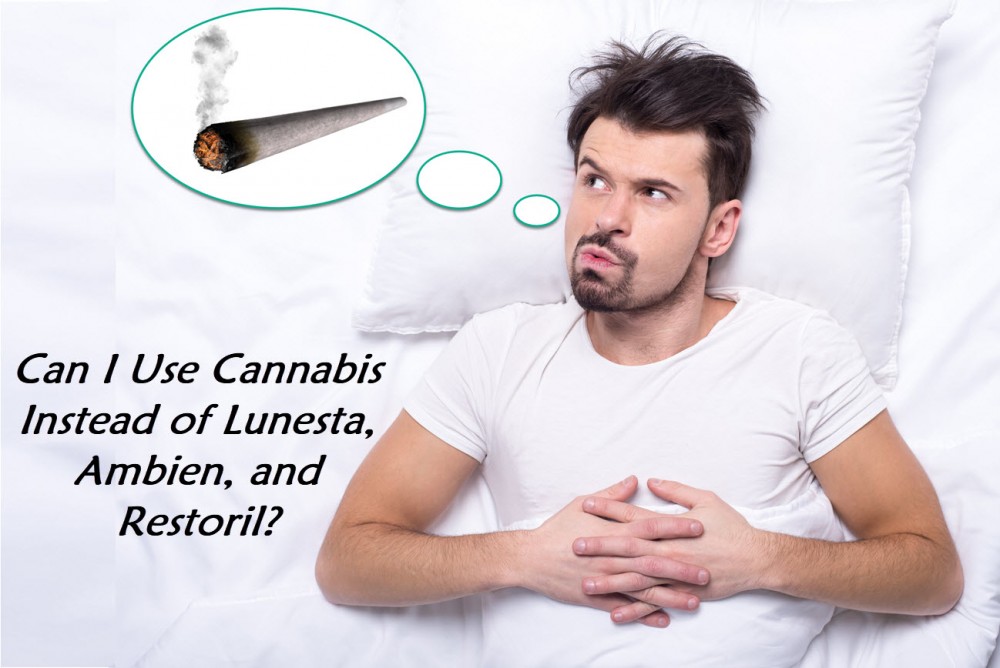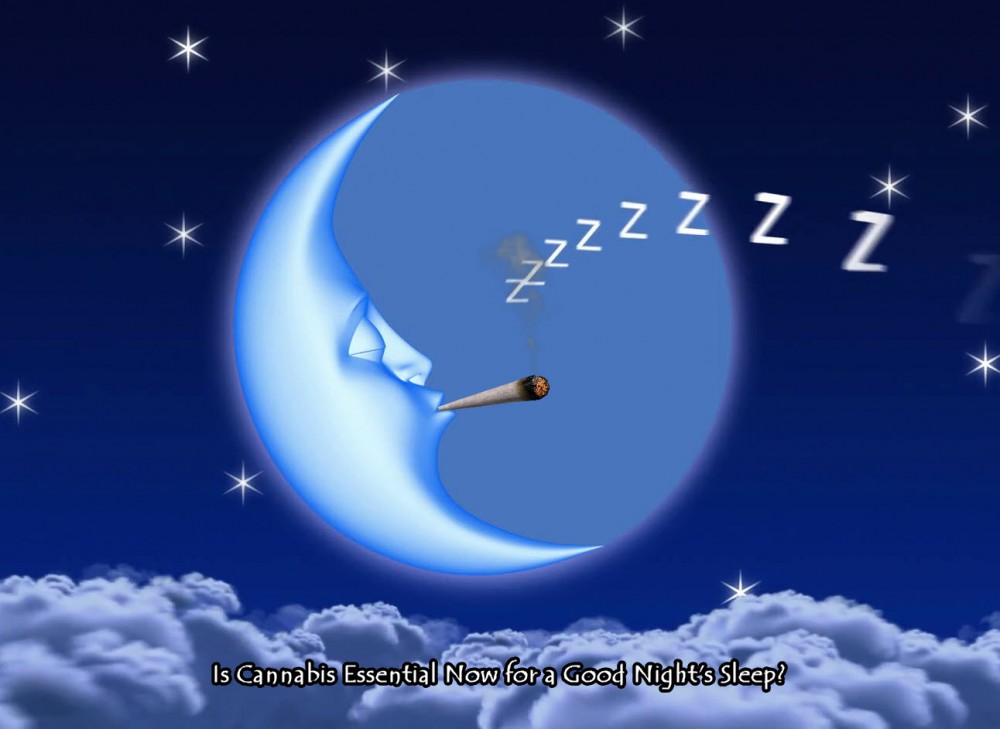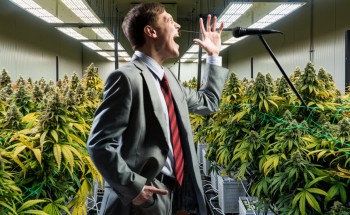10 Things To Know About Cannabis And Sleep
Cannabis and Sleeping - What is the Real Deal? from CannabisNet on Vimeo.
Say goodbye to valiums, ambien, Xanax, and other synthetic sleep aids. Say hello to cannabis!
Around 1 in every 3 people suffer from insomnia. The prevalence of insomnia has made it as much of a market for Big Pharma as pain and cancer. But before you head over to the pharmacy, know that cannabis is a well-known sleep aid. The plant’s ability to safely relax and put you to sleep makes it the best natural choice for curing insomnia. This is because the endocannabinoid system is also responsible for regulating sleep, among many other important functions in the body.
Additionally, if getting less than 5 hours of sleep a night is normal for you, you should know that lack of sleep over time can lead to many conditions from forgetfulness, affecting the cognitive process, reduced sex drive, and more serious issues such as heart attack, heart failure, heart disease, high blood pressure, diabetes, stroke, and irregular heartbeat.
Aside from inducing sleep, cannabis can also help increase the duration of sleep, resulting in deeper sleep and improved breathing. If you have a difficult time falling and staying asleep, here are 10 things to know about cannabis and sleep:
Choose indica strains to battle insomnia: Sativa strains are energizing and uplifting, but indica strains make you feel sleepy and heavy. Indicas contain more sedating terpenes than its sativa counterparts, making it the ideal strains of choice for those with insomnia.
Edibles can help you stay asleep: If your problem is staying asleep instead of falling asleep, edibles are a great option. While edibles take longer to set in compared to other delivery methods, its effects last much longer.
Cannabis can treat sleep apnea: Sleep apnea is a common sleep disorder characterized by lapses in breathing during the sleep cycle. The lapses can last anywhere from a few seconds to minutes, resulting in unrestful sleep. Loud snoring is a primary symptom of sleep apnea. However, cannabis has been proven to be an effective natural remedy for sleep apnea.
Cannabis can reduce or eliminate nightmares: Studies show that consuming cannabis before bed leads to reduced REM sleep, which means that you’ll have less vivid dreams. This is beneficial for individuals who regularly suffer from nightmares, which may lead to abrupt changes in your sleep.
THC may increase slow-wave sleep: Studies show that THC increases the 3rd nad 4th stages of the sleep cycle, which we know of as slow-wave sleep (SWS). Improved SWS has been associated with a significant reduction of beta-amyloid, which is a harmful protein linked to dementia, Alzheimer’s Disease, memory loss, and other cognitive problems.
Sleep problems caused by other factors can be treated by cannabis: If your inability to fall asleep is triggered by other conditions such as chronic pain, PTSD, fibromyalgia, anxiety, depression, or other symptoms, cannabis can help with that too. Many patients suffering from these conditions already use cannabis to help them fall and stay asleep.
CBD and THC ratios play a role in your sleep (or alertness): CBD and THC act differently in the human body. Science says that THC is the cannabinoid that makes you sleepy, while CBD promotes wakefulness. Using strains high in THC may be more effective in treating insomnia, while CBD strains may help you battle the grogginess you feel if you had too little sleep the night before. If you prefer not to get too stoned from a high THC strain, use a CBD strain or product a few hours before bed.
Tolerance breaks may lead to difficulty sleeping: If you’ve quit cannabis in the past after long-term use, you already probably know that it can affect your sleep. Quitting, or going on a tolerance break, can lead to tossing and turning, as well as difficulty falling and staying asleep. Studies show that tolerance breaks after prolonged use can cause poor sleep efficiency, shorter sleep time, shorter REM cycles, and sleep disruption.
THC can boost melatonin levels: THC can increase melatonin production in the human body. This is important for sleep because melatonin is responsible for regulating sleep cycles and your natural circadian rhythm.
Cannabis is not a replacement for good sleep habits: Cannabis can definitely help with sleep problems, but it shouldn’t be used as a substitute for sleep habits. This means that you should also do your part to improve sleep by sleeping in a dark and cool room, avoiding screens before sleep, and limit alcohol intake before bed.
OTHER STORIES YOU MAY ENJOY...
CANNABIS FOR SLEEP, GOOD OR BAD, CLICK HERE.
OR..
CANNABIS STRAINS FOR SLEEPING, TRY THESE FIRST, CLICK HERE.
OR..
CANNABIS FOR SLIDE SLEEPERS, OR NO? CLICK HERE.
OR..
CBD FOR SLEEP PATTERN CHANGES, CLICK HERE.
OR..
CANNABIS FOR AMBIEN, LUNESTA, AND RESTORIL?

